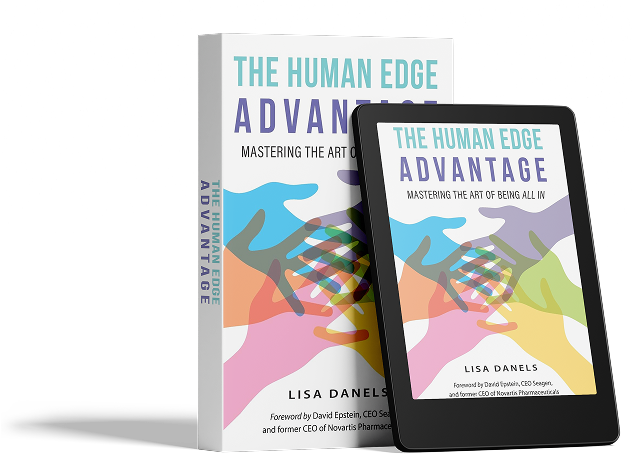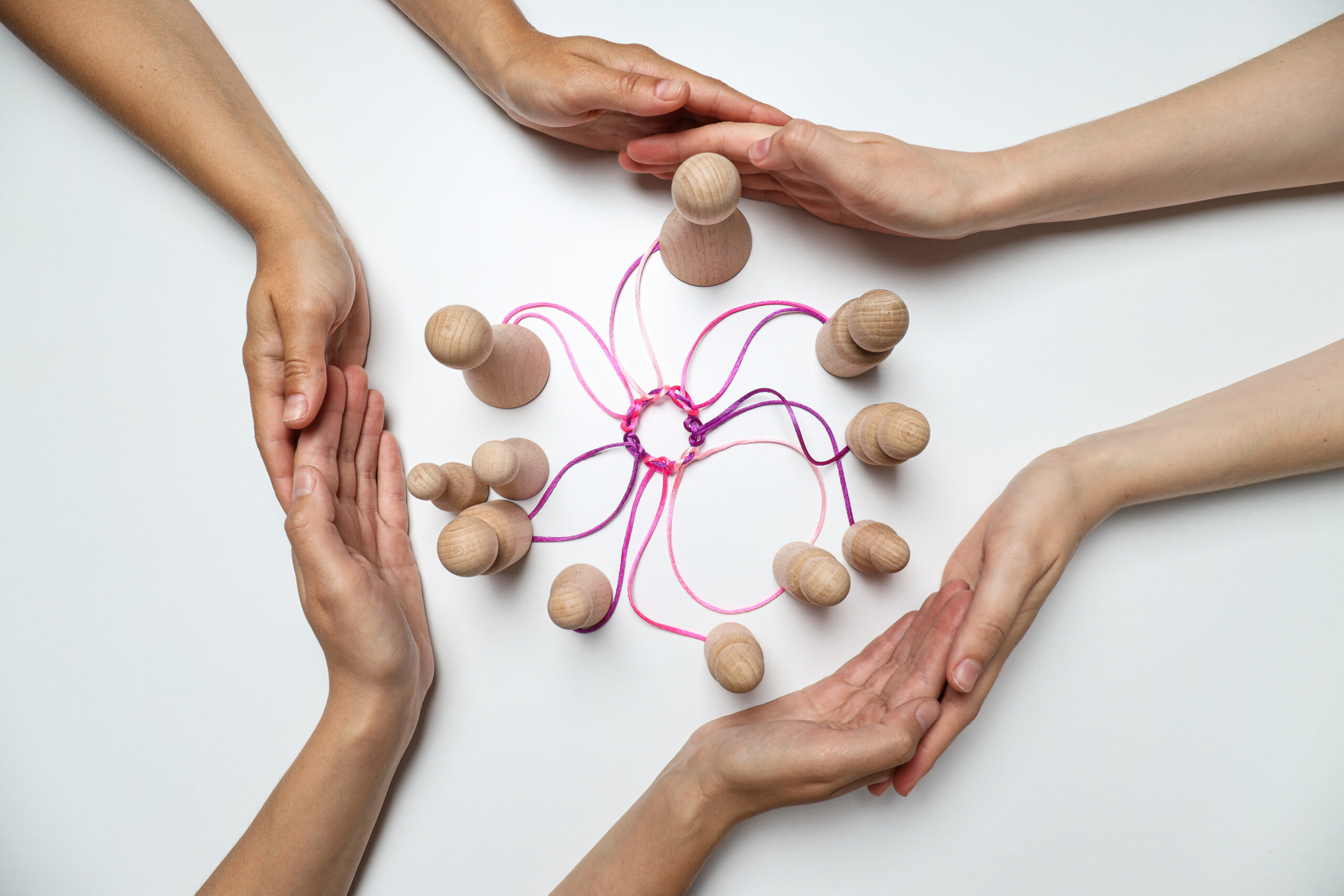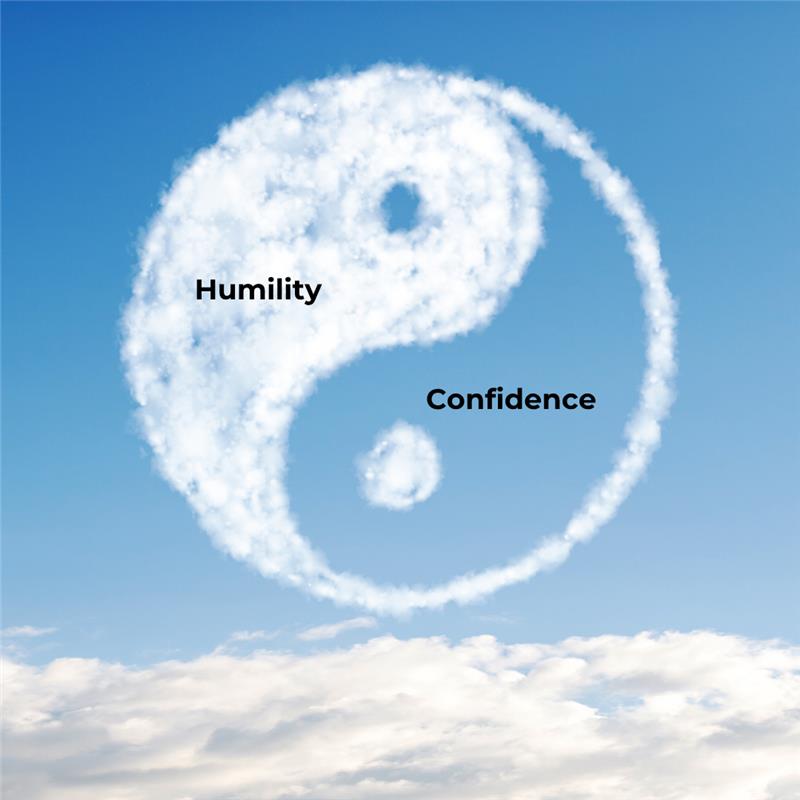In an era where technology has us more interconnected than ever, why do we still feel so disconnected at work and in our personal lives? This sense of disconnection isn’t just about being physically isolated; it goes much deeper, touching the core of our fears and doubts. These invisible forces act beneath the surface, influencing our reactions and interactions in the modern workplace and beyond.
Understanding the Feeling of Disconnection on Three Levels.
Disconnection can be felt on three levels:
- Our Feelings and Intuition: Often, we sever ties with our inner guidance, driven by self-doubt or fear. Thus, we overrely on logic in an attempt to make sense of the world.
- Our Dreams and Imagination: The magical aspects of our lives that fuel our vision and purpose become obscured when we prioritize practicality over passion. Therefore we are stifled by the fear of failure or societal judgment.
- Others and Society: Despite our innate need for connection, we find ourselves increasingly alienated, navigating a world where digital interactions often replace genuine human contact.
The Emotional toll of Disconnection.
When we disconnect on any one of these three levels, we pay a high emotional price by stepping out of our personal power, playing small, and limiting our growth potential. We let fear and doubt rule our lives instead of self-authorship and self-confidence. To combat these two forces, we need to shift perception. But first, we must understand why the disconnection exists to regain our power and re-establish a connection at all three levels.
Why do we disconnect from our feelings and intuition?
We tend to cut off from our feelings and intuition when self-doubt, fear, or pain creeps in. Indeed, we overly rely on logic and seek to understand a senseless world. Therefore, we start to look for answers outside rather than trusting our feelings and inner guidance. We can disconnect from our feelings and intuitions due to numerous reasons:
- Self-preservation: Fear and doubt trigger our instinct for self-preservation, which can override other processes, including intuition. When faced with a perceived threat, our focus shifts to survival, leading us to prioritize rational thinking over intuitive responses.
- Social Acceptability: Society and culture often emphasize rationality, logic, and external validation over internal feelings and intuition. From an early age, people are conditioned to rely on external guidance, such as societal norms, education, and authority figures.
- Lack of trust: Fear, doubt, and emotional pain can erode trust in oneself. When faced with uncertainty or challenging situations, people may doubt their instincts and question their ability to navigate through them.
- Overthinking and analysis paralysis: Fear and doubt can trigger a cycle of overthinking and analysis, where people get caught up in their thoughts and lose touch with their feelings and intuition. This excessive focus on analyzing and rationalizing can create a mental barrier that inhibits access to intuitive insights.
- Negative past experiences: Past negative experiences or trauma can cause people to disconnect from their feelings and intuition as a defense mechanism. These experiences can create fear and doubt, making individuals hesitant to trust their internal guidance for fear of repeating past mistakes or encountering similar adverse outcomes.
Connecting back to your emotions and intuition.
One essential behavior or action that keeps us disconnected from our feelings and intuition is keeping ourselves too busy or distracted. Quieting the mind and finding stillness helps repressed or unprocessed emotions rise to the surface. Another good way is to journal and write about your feelings and life experiences.
It’s also important to quiet the mind to connect back to your intuition. One recommended way is to find a mindfulness practice, which could include meditating—walking or sitting, using hemi-sync soundtracks, asking open-ended questions, and allowing the answers to emerge (what is my next best step in life?). Would you like to know more about leveraging your intuition at work? I recommend you to read The Power of Intuition at Work.
Why do we disconnect from our dreams and imagination?
If we want to stop to feel disconnected at work, we need to get back to our dreams. Dreams are the hopes for a better tomorrow and bring our life’s blueprint and true purpose. Imagination involves the capacity to visualize, conceptualize, and create ideas or scenarios beyond what is immediately observable or experienced—It’s a tool to bring our dreams to life. There are several reasons why we may disconnect from their dreams and imagination:
- Practicality and societal expectations: As individuals age, they often face societal pressures to prioritize practicality and conform to societal norms. Dreams and imagination are sometimes seen as frivolous or unrealistic pursuits, leading individuals to disconnect from them to prioritize what is deemed more practical or acceptable.
- Fear of failure or judgment: Pursuing dreams and imaginative ideas involves taking risks and stepping outside one’s comfort zone. The fear of failure or judgment from others can be a powerful deterrent. This leads individuals to feel disconnected from work to avoid potential disappointment or criticism.
- Lack of support or encouragement: The absence of support or encouragement from others can make it difficult for individuals to stay connected to their dreams and imagination. Individuals may hesitate to pursue or express their creative ideas without a nurturing and validating environment.
- Prioritizing responsibilities and obligations: The demands of everyday life, including work, family, and other responsibilities, can consume individuals’ time and energy. This can make it challenging to carve out space for dreams and imagination, causing individuals to disconnect from them in favor of more immediate obligations.
- Self-doubt and limiting beliefs: Self-doubt and limiting beliefs about one’s abilities can undermine the pursuit of dreams and imagination. Individuals may have internalized messages that they are not talented or capable enough to pursue their dreams, leading them to disconnect from their imaginative aspirations.
Why do we feel disconnect at work and outiside from others?
“We are living in a dystopia, in a world that is dominated by technology and disconnect, alienation, loneliness, and dysfunction.”
Steven Wilson
Human connection is an essential human requirement that is part of our DNA. In an eighty-year-long study on happiness, the Harvard Study of Adult Development aimed ar answering a simple question: What makes life fulfilling and meaningful? The answer: relationships. The stronger our relationships, the more likely we will live happier, healthier, and more satisfying lives. In fact, the study reveals that the strength of our connections with others can predict our health throughout life. Conversely, when we experience disconnection, we feel alone, experience increased levels of anxiety, and miss out on all the richness that our world has to offer.
How to reconnect with others and with the society?
Why is it so difficult to make human connections when this is a state that should come naturally to us? People disconnect from others and society as a whole for various reasons. Here are some common factors:
- Personal circumstances: Individuals may disconnect from others due to various personal circumstances, such as feeling overwhelmed, experiencing social anxiety, going through a difficult time, or struggling with mental health issues. These factors can make it challenging for people to engage with others or feel a sense of belonging within society.
- Individualism and independence: Sometimes, people may disconnect from others to assert their independence or prioritize their personal goals and needs. Underneath, there could be a fear of intimacy and of others meeting their emotional needs.
- Technology and social media: While technology has connected people globally, it has also had unintended consequences. Excessive reliance on social media and online interactions can sometimes make people feel isolated or disconnected from genuine human connection. Digital overload and the constant need for validation can make individuals withdraw from face-to-face social interactions.
- Life transitions: Major life events such as relocation, career changes, loss of loved ones, or divorce can lead individuals to feel disconnected from others. During these times of transition, people may need time to adjust and may withdraw temporarily as they navigate through new circumstances.
- Unfulfilling relationships or societal pressures: Some individuals may feel disconnected due to unsatisfying relationships or societal pressures that make them feel alienated or misunderstood. This can lead people to wi
Helping those around to not feel disconnected at work and in life.
It’s important to note that disconnection can be temporary or chronic and have positive and negative impacts depending circumstances. If someone you know is disconnecting, offering support and expressing concern might be helpful. Sometimes, just listening deeply to another and holding space for them makes them feel cared for. In our busy world of getting things done, we must invest in our most heartfelt relationships. By carving time out in our calendars and making it a priority, we can refill our emotional tanks and be able to deal with the rest of our lives with more resiliency.
Do you Feel Disconnected at Work? Not anymore!
Self-awareness is the most incredible tool to evaluate which level of disconnection we are currently experiencing and why. Start here first because it’s hard to connect to others if you are not first connected to yourself. Another way to reconnect is to be intentional with your time and energy. We can only reconnect to ourselves when we leave time for reflection.
Connecting to others requires we make time for others. When we want to connect with others, we must offer emotional bids and invitations to connect. It could be as simple as saying hello to a colleague or inviting someone to lunch. When emotional bids are accepted, we feel a sense of belonging and that we are being seen.
“I define connection as the energy that exists between people when they feel seen, heard, and valued; when they can give and receive without judgment; and when they derive sustenance and strength from the relationship.”
Brené Brown
We all have a choice to feel disconnected at work and beyond, or we can create communities of belonging. In this way, we express our dreams without fear and use our imagination to reach new heights. The choice is yours to connect or disconnect.





